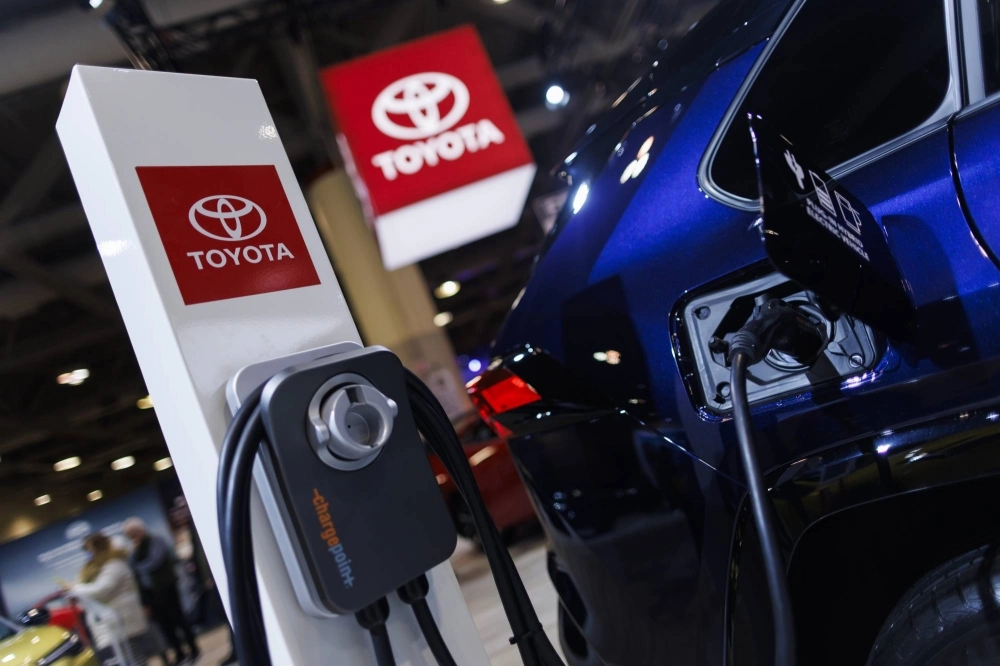Toyota’s output and sales hit records in the financial year that ended in March, on strong demand and as semiconductor supply problems eased.
Global sales, including at Daihatsu and Hino, increased 5% from a year earlier to 11.1 million units, according to data released Thursday. That’s the first time they’ve exceeded 10 million.
Production rose 4.5% to 11.2 million units on robust demand in North America, Europe and India. Output was firm in Japan as well, despite a temporary halt in shipments in the latter half of the year after Daihatsu was found to have been manipulating crash safety test results for more than 30 years.


















With your current subscription plan you can comment on stories. However, before writing your first comment, please create a display name in the Profile section of your subscriber account page.